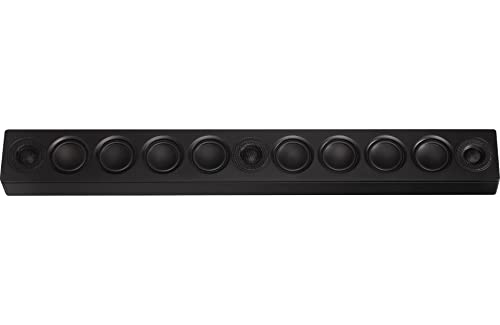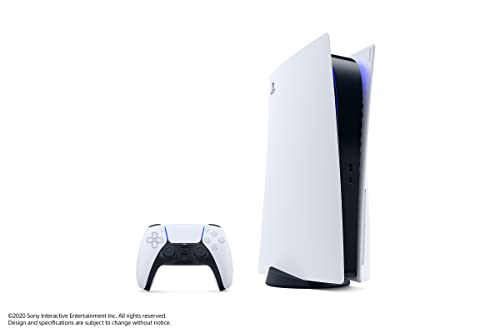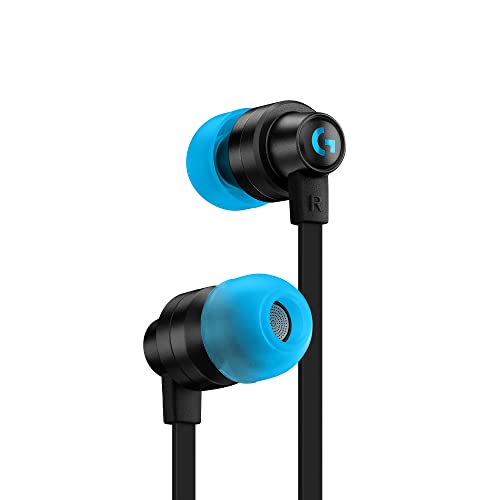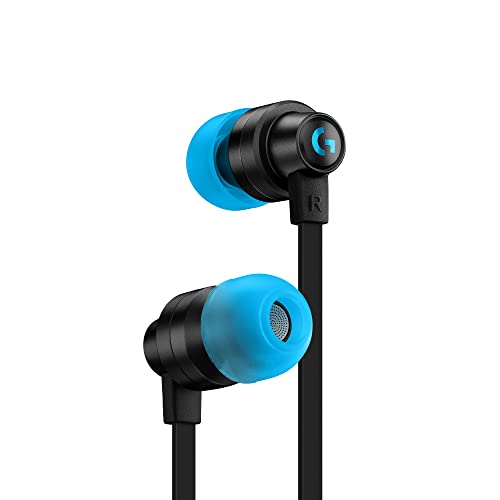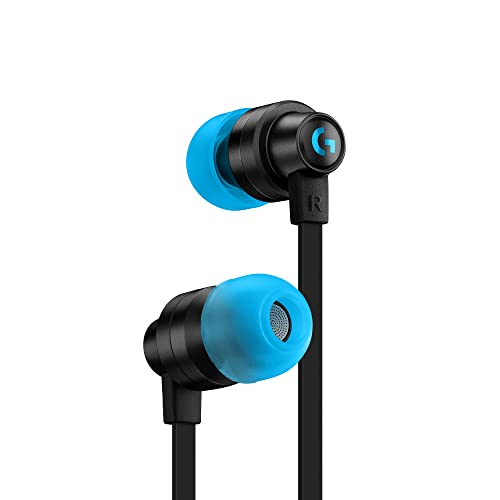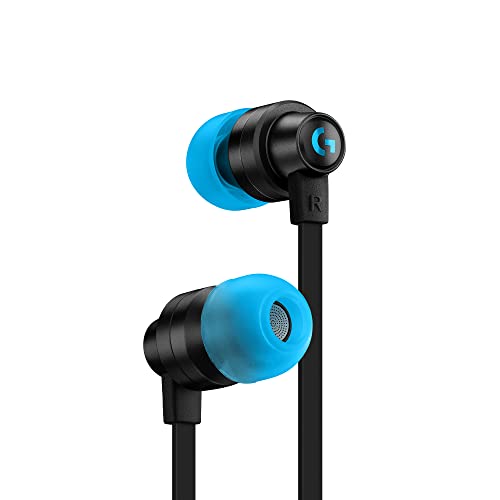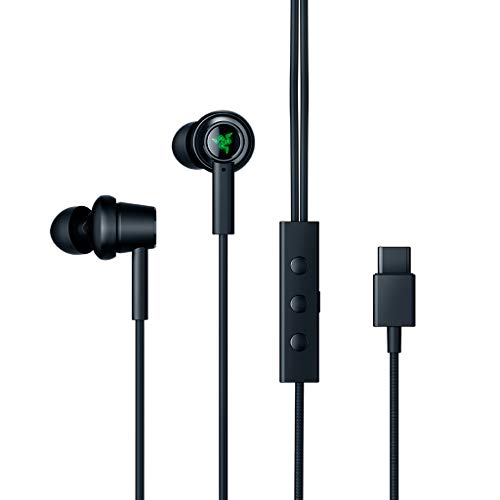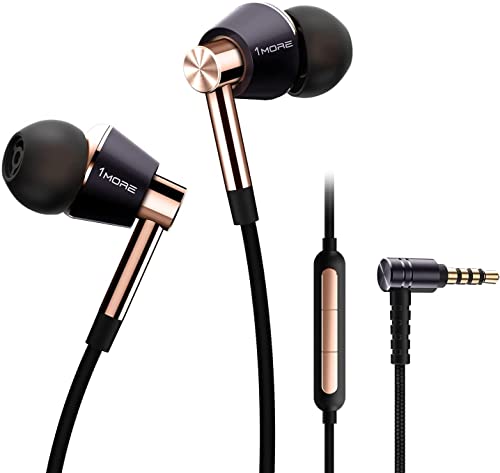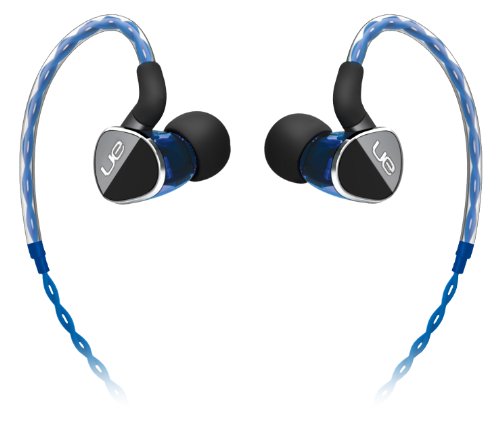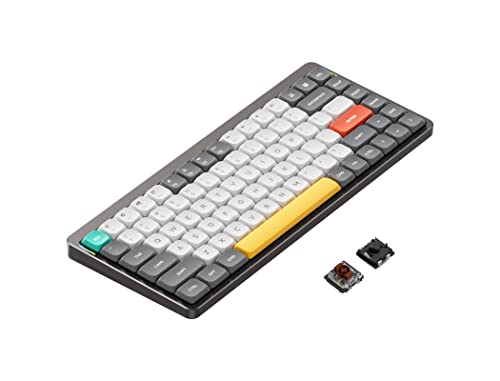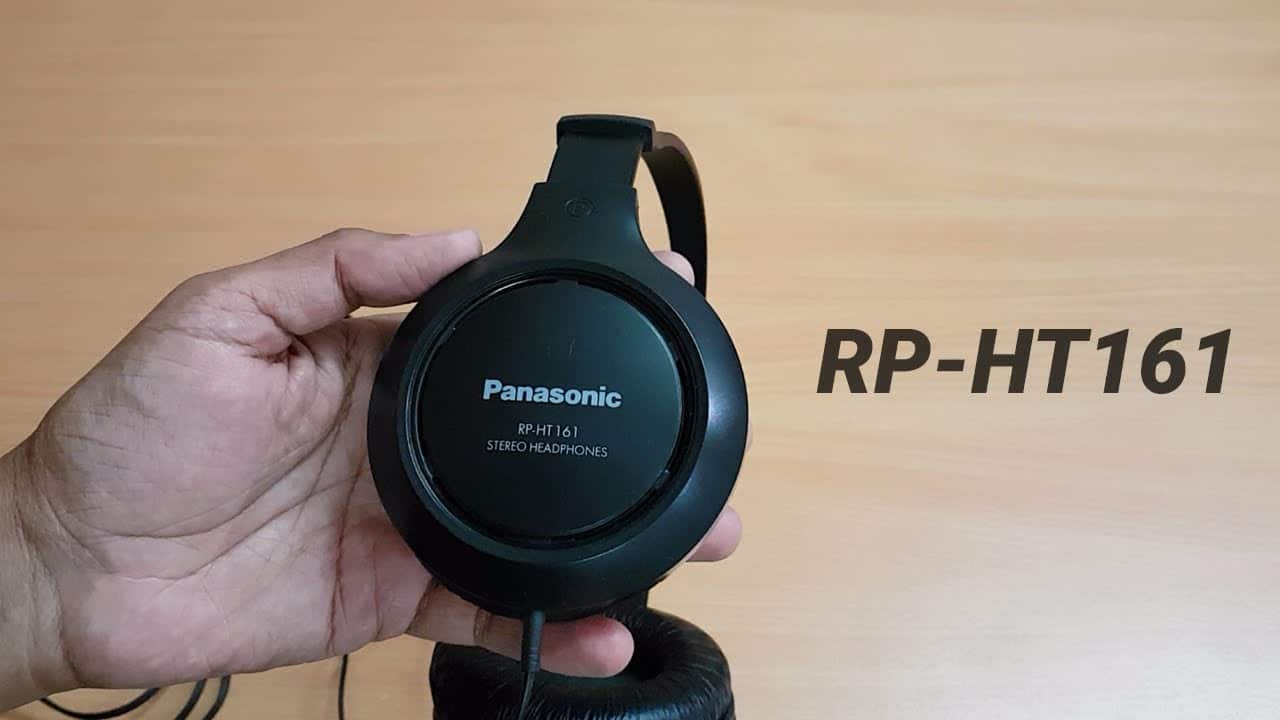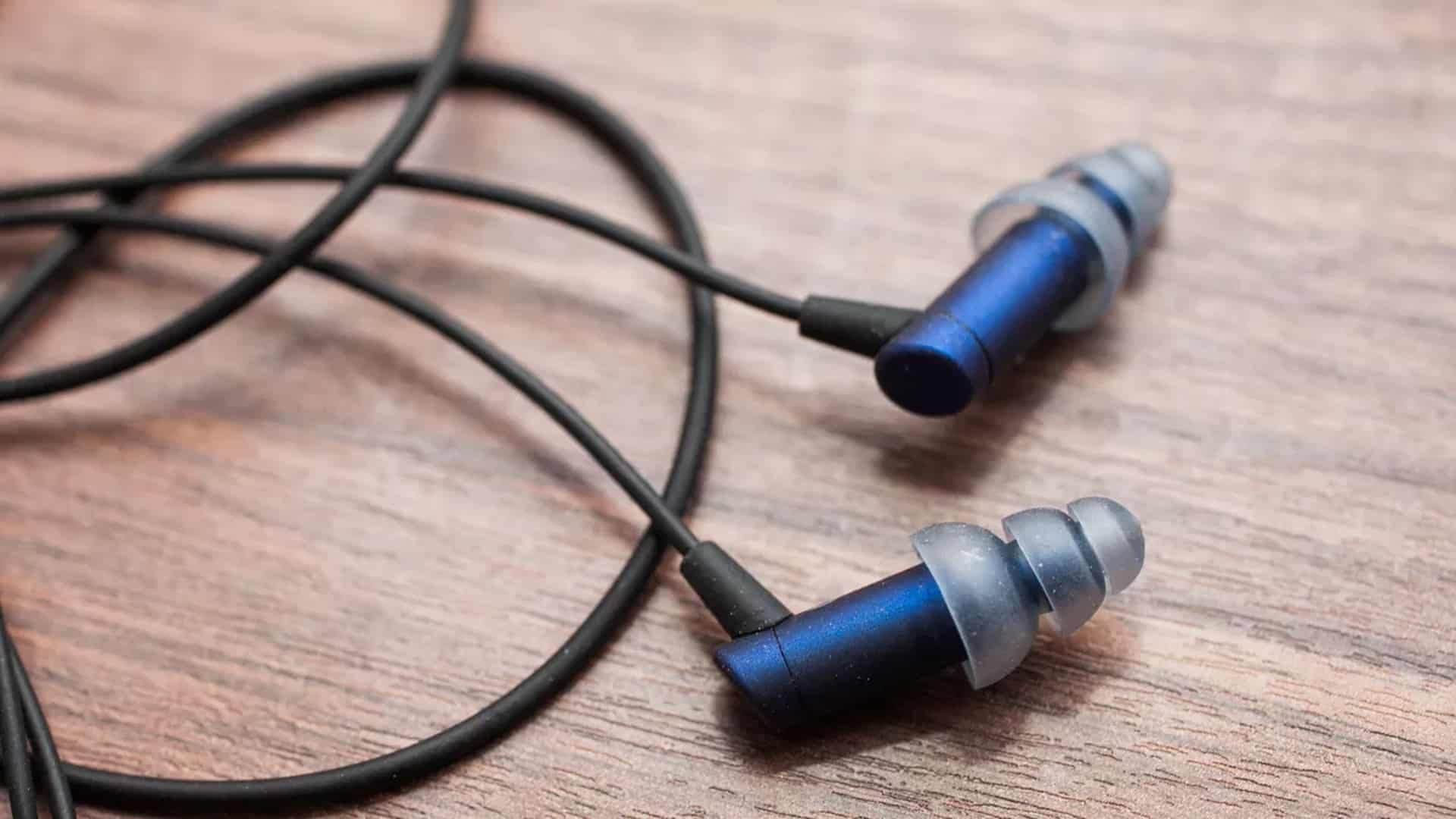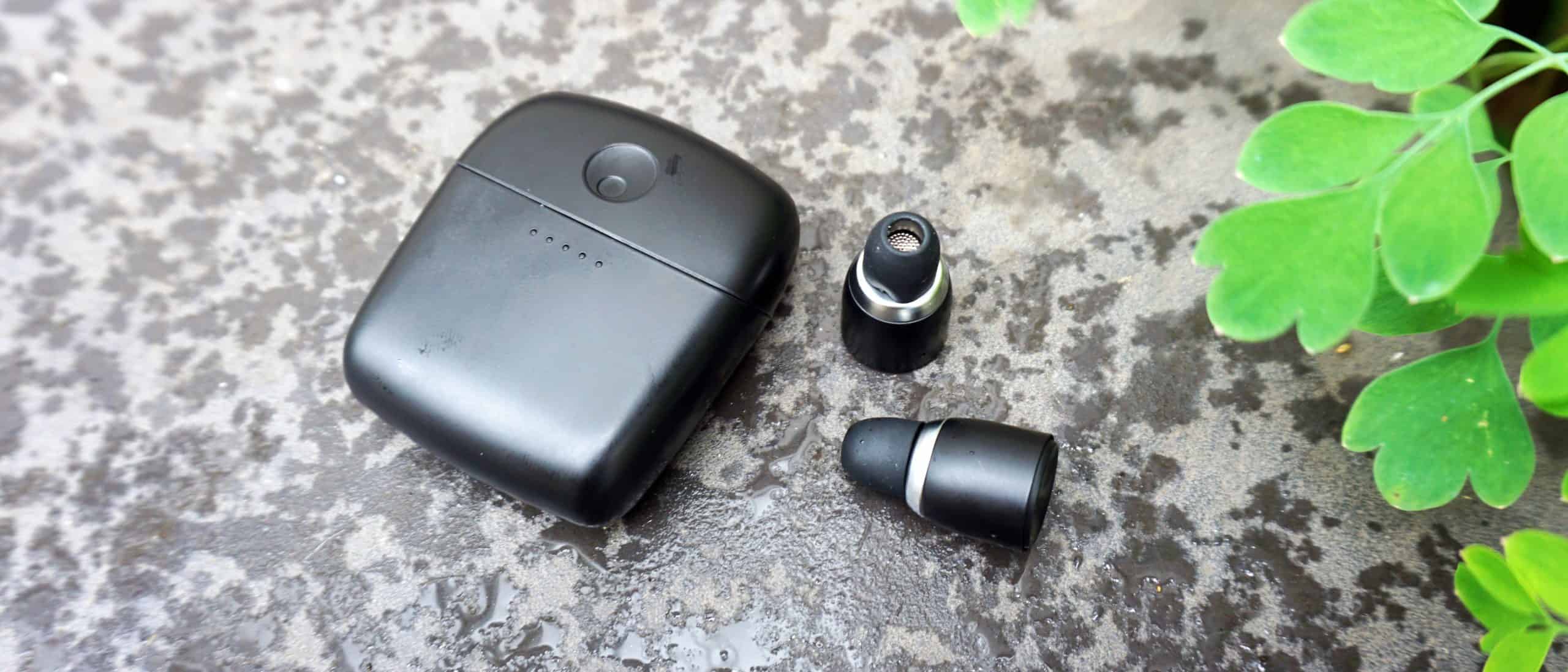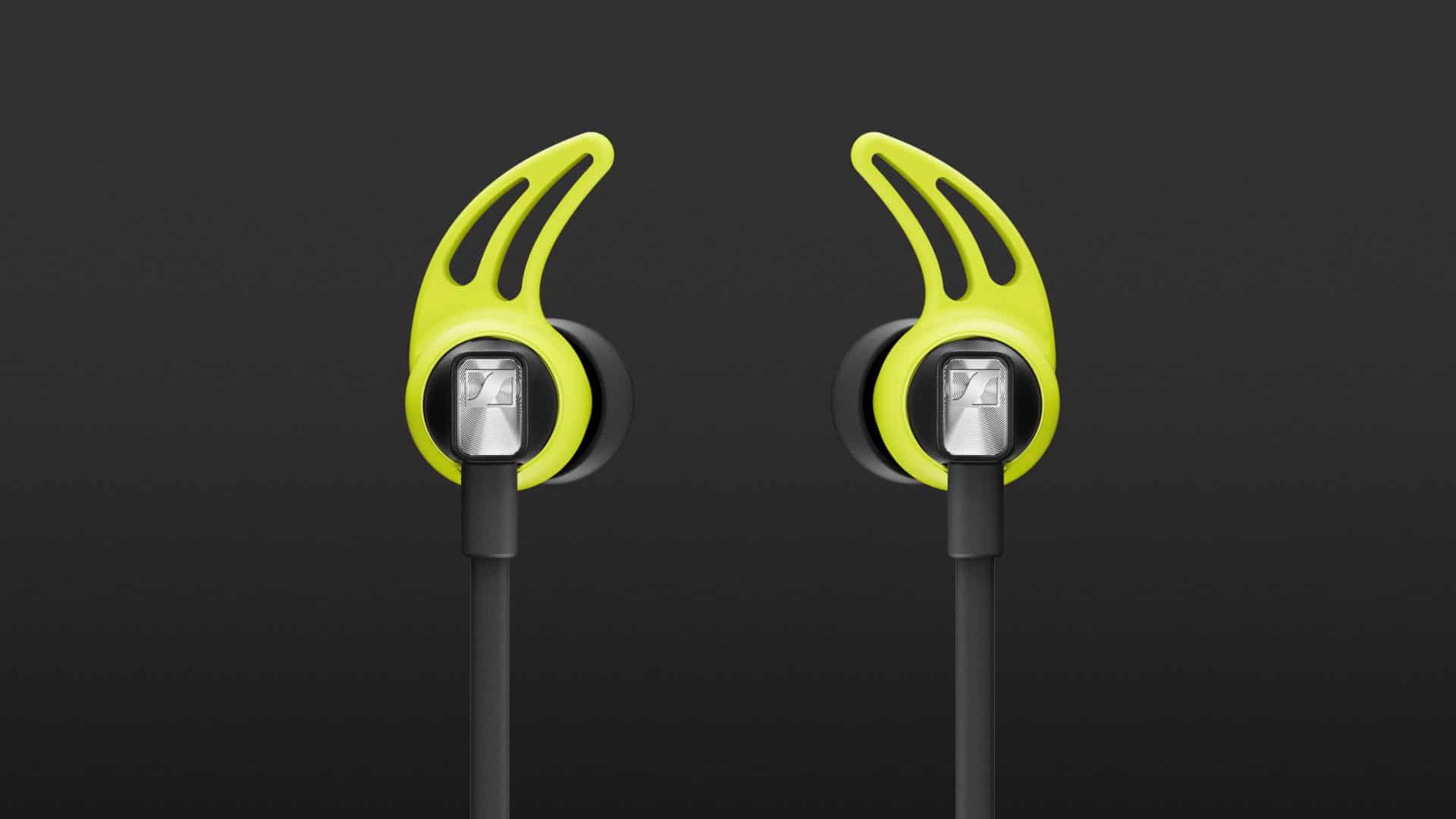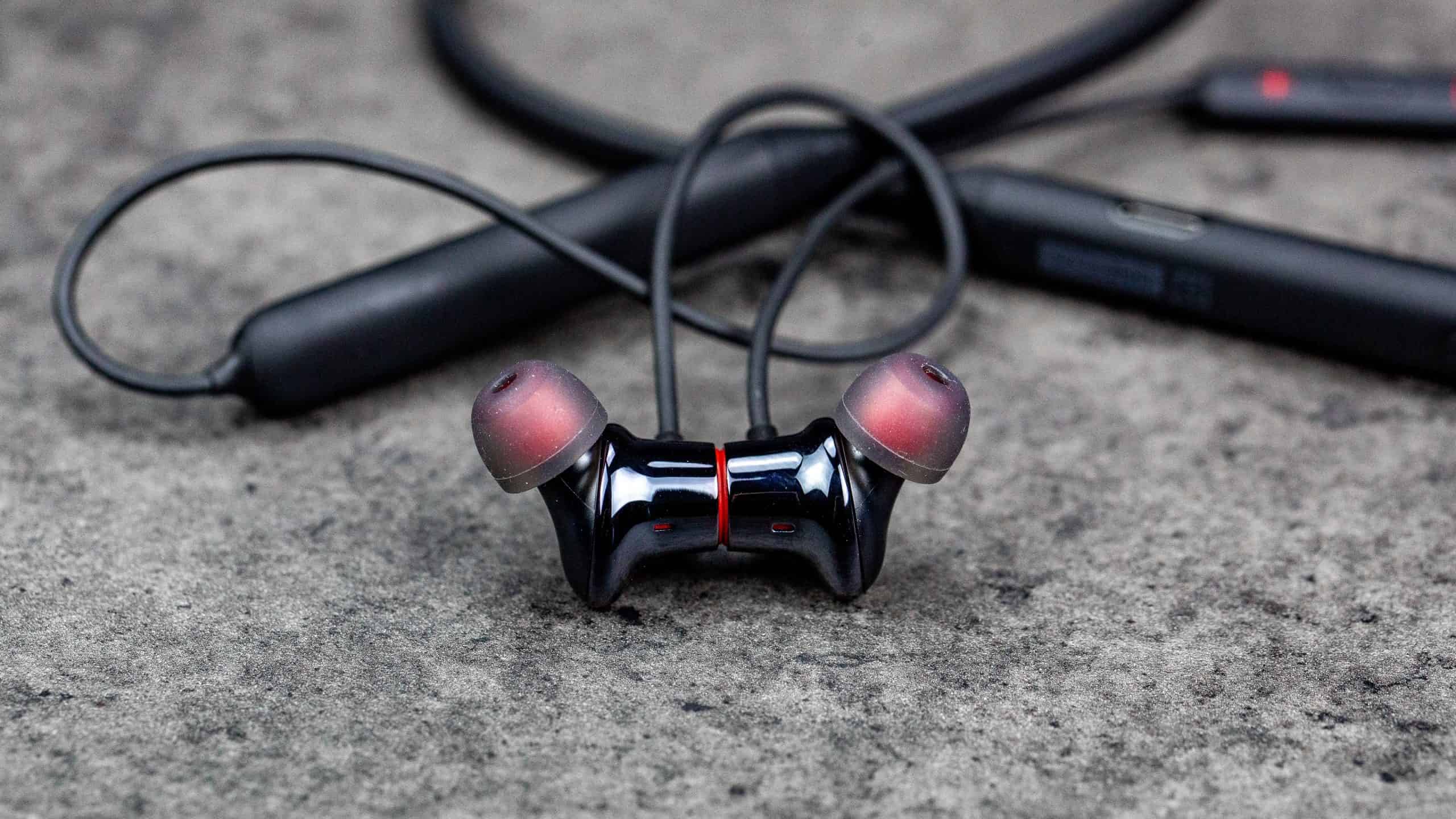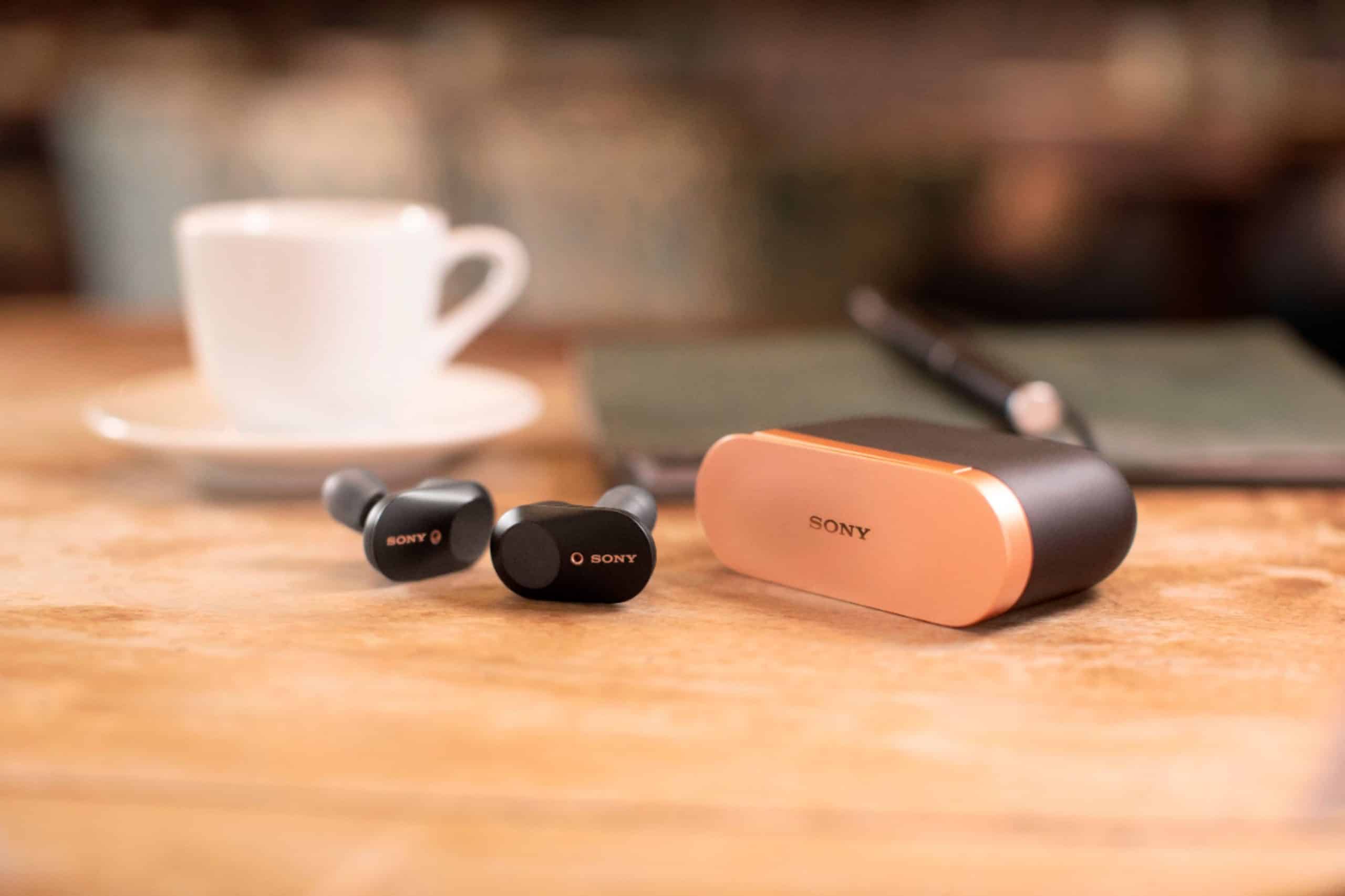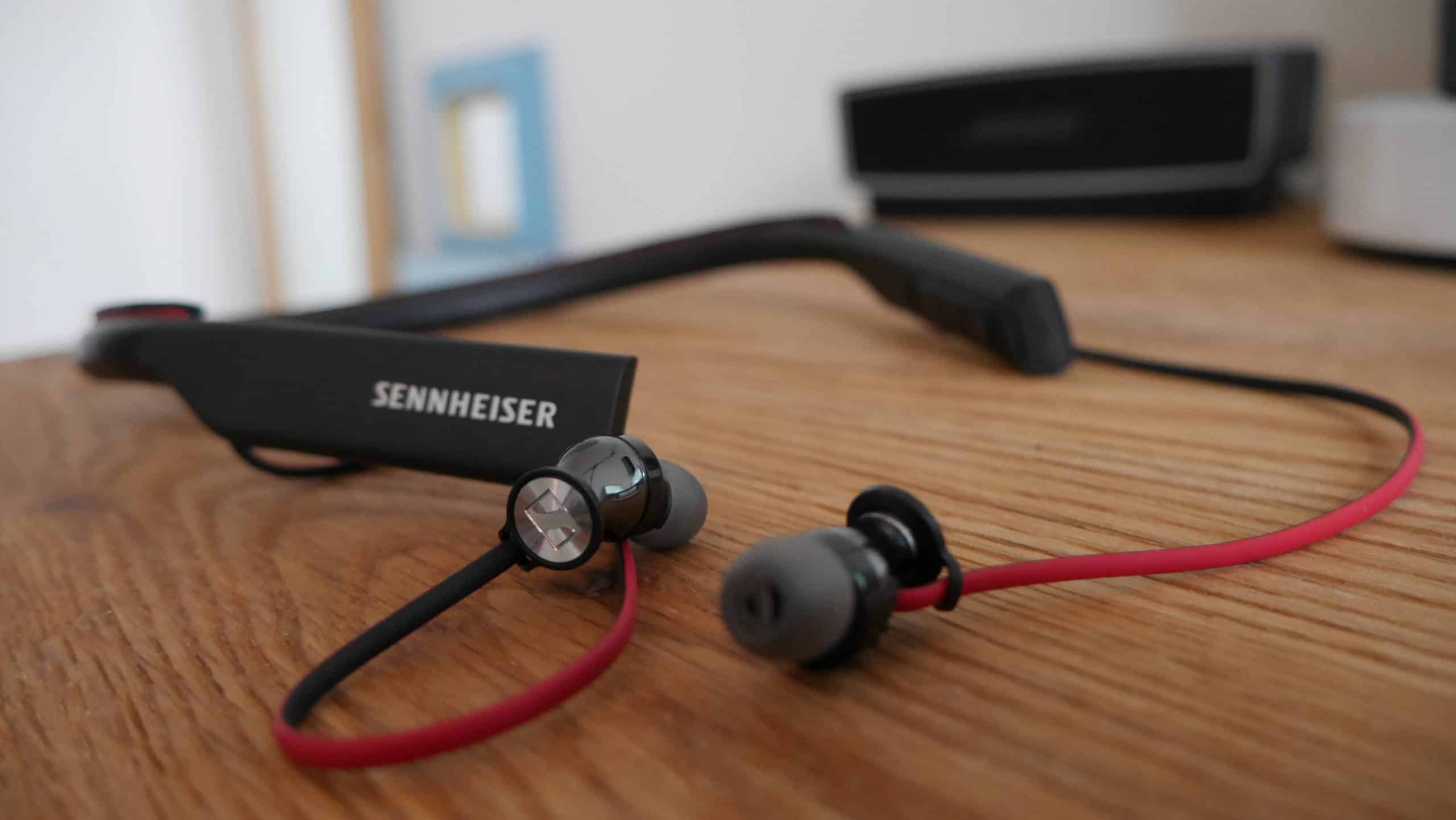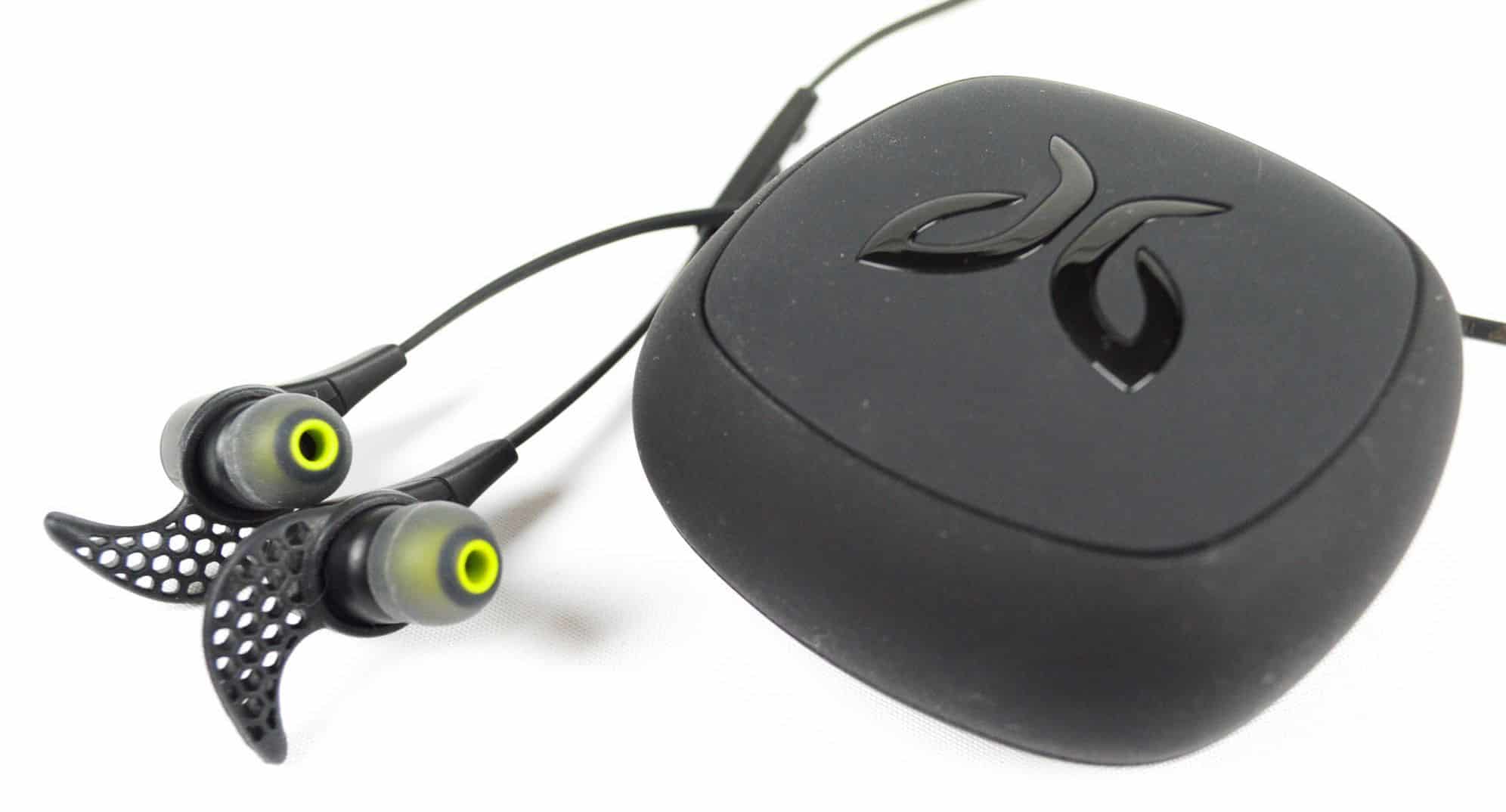Finding the best headphones for your listening style requires a bit of homework. There are many questions you should understand before purchasing. So, below, we’ll provide a general overview of how to know a headphones sound quality based on some of the specs you’ll see in the store.
KEY TAKEAWAYS:
- Determining the sound quality of a pair of headphones requires knowing your preferences and proceeding from there.
- Both driver size and frequency response help determine whether the headphones are better at handling bass, mid, or treble.
- Impedance determines how much voltage a pair of headphones requires to operate.
And if you’re looking for a pair of headphones that will deliver a cinematic sound experience, you can check out our article that covers how Dolby Atmos works for headphones.
How to Determine Sound Quality of Headphones
Audio quality depends on your preferences and needs more than any particular specifications. If you hear anyone say you can tell how good headphones are based on a single spec, this person is probably working on commission. But subjectivity aside, we’ll categorize some of these sound qualifications so you can get closer to the most quality headphones for you.
Insider Tip
If you purchase a pair of headphones for a portable device, try to get a pair below 50 Ohms of output impedance. Anything higher will quickly drain your audio device’s battery life.
Frequency Response
Some headphones are designed to highlight a specific range of frequencies. Depending on what you need the headphones for, the frequency range can make a huge difference in quality. The particular frequency response that the headphones support is more commonly known as a sound signature.
Driver Size
Understanding driver size is useful to determine how your headphones will handle bass frequencies. The headphone driver is better thought of as the headphone speaker, which takes an electrical signal and converts it into sound waves. Larger drivers are better at recreating lower frequencies. So if your favorite music often includes deep bass notes, you should consider headphones with a larger driver.
However, if you are looking for better treble frequencies, the driver size is less of an issue.
Headphone Impedance
Headphone impedance has less to do with determining frequency ranges than a device’s overall volume. Listening devices with a higher impedance are typically used in sound engineering and are almost always wired headphones. This is because of the high resistance. It requires a large voltage to bring it up to a louder sound volume, which works better with wired headphones. So lower impedance headphones are more commonly used for portable devices with limited battery life.
For a deeper look into ear headphone impedance, you can look at our article covering what Ohms means in headphones.
Warning
Listening to music over 85 decibels for extended periods can cause permanent hearing damage.
F.A.Q.S
Are wired or wireless headphones better for audio quality?
For the average listening experience, there won’t be a large difference between wired and wireless technology. However, the top-of-the-line ear headphones will be wired.
Do headphones or earbuds offer better sound quality?
While there are excellent options for either listening device, headphones have better options for bass response and noise cancelation functions.
Audio files should I use for the best sound quality?
The best file format for sound quality will be an uncompressed file, like the WAV.
STAT: Most headphones operate on a frequency level between 20 to 20,000 Hertz. (source)
REFERENCES:
- https://soundsightheadphones.com/guides/high-quality-headphones-characteristics/
- https://www.audiocheck.net/soundtests_headphones.php
- https://blog.taotronics.com/headphones/what-is-headphone-driver/r
- https://www.audioreputation.com/how-to-measure-sound-quality-of-headphones/
- https://ipsnews.net/business/2021/04/30/how-to-measure-the-sound-quality-of-headphones/
















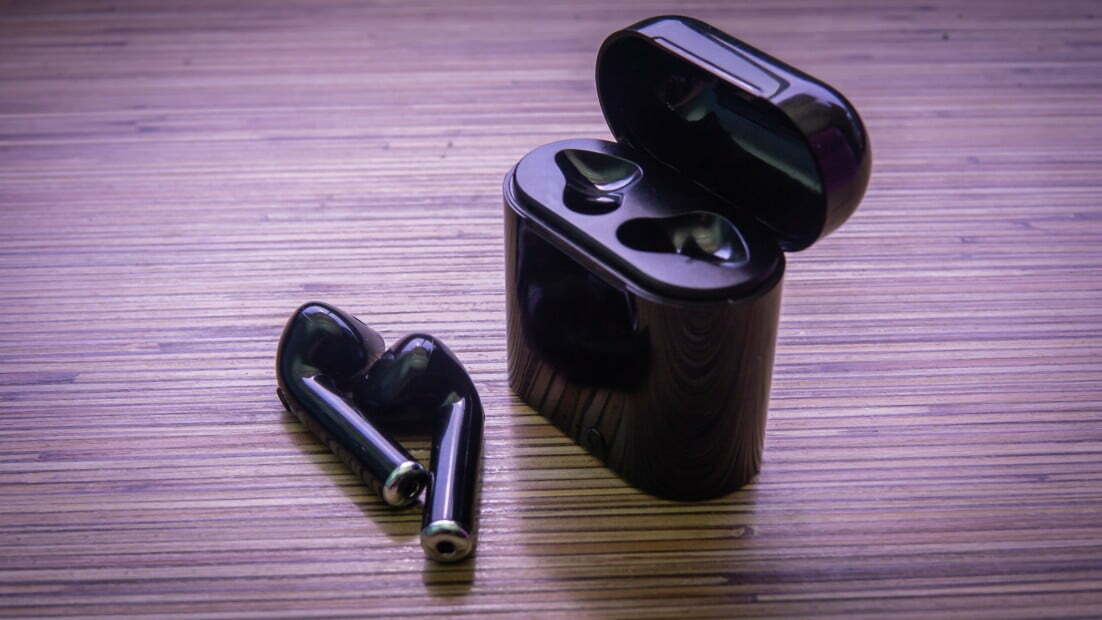


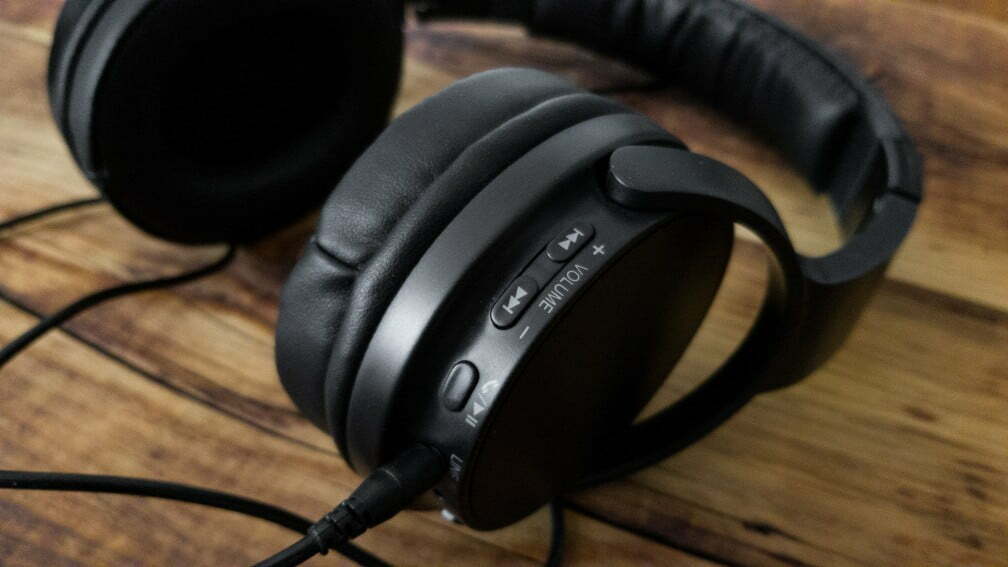










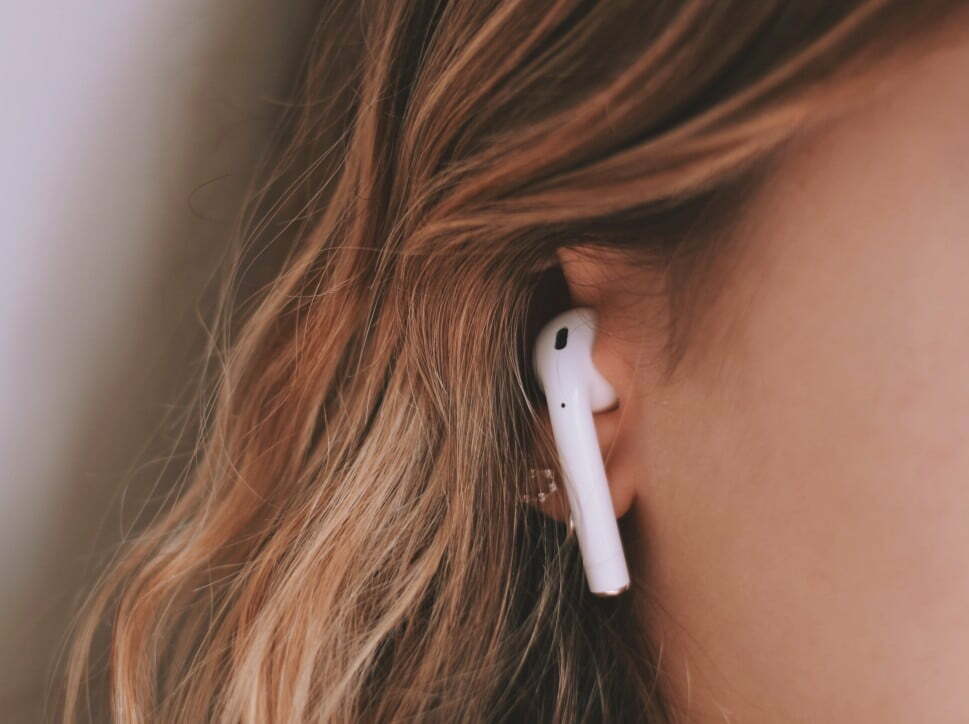

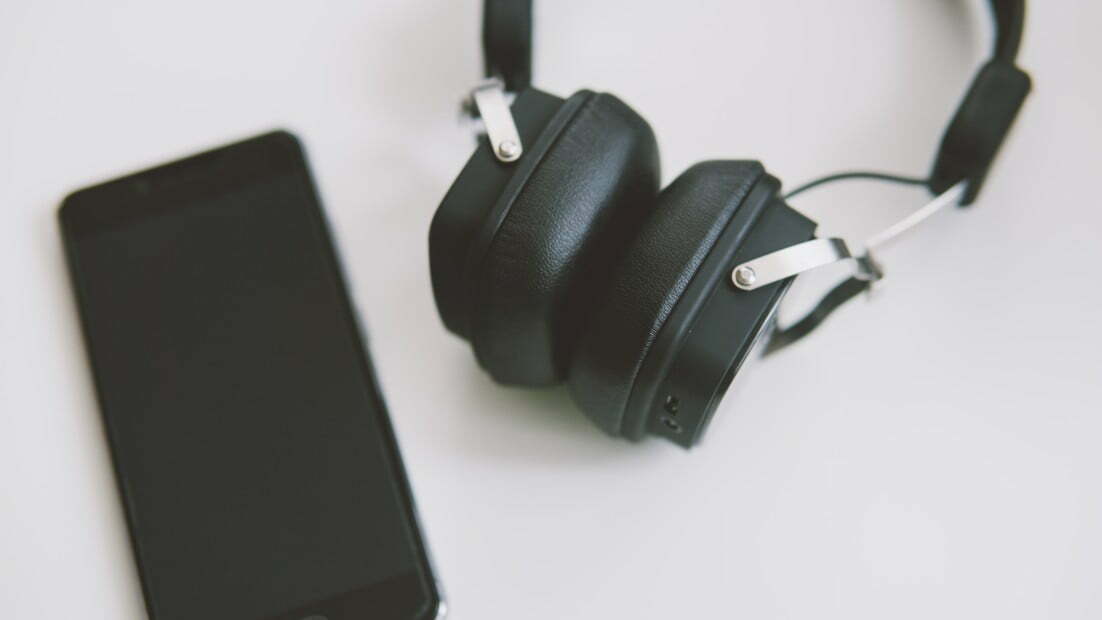


![Best Over-Ear Headphones for Working Out in [year] 27 Best Over-Ear Headphones for Working Out in 2026](https://www.gadgetreview.dev/wp-content/uploads/best-over-ear-headphones-for-working-out-image-scaled.jpg)
![Best Sennheiser Headphones in [year] 28 Best Sennheiser Headphones in 2026](https://www.gadgetreview.dev/wp-content/uploads/best-sennheiser-headphones-image-1.jpg)
![Best Sony Headphones in [year] 29 Best Sony Headphones in 2026](https://www.gadgetreview.dev/wp-content/uploads/best-sony-headphones-image-1.jpg)
![Best Open Back Headphones in [year] 30 Best Open Back Headphones in 2026](https://www.gadgetreview.dev/wp-content/uploads/best-open-back-headphones-image-1.jpg)
![Best Headphones in [year] ([month] Reviews) 31 Best Headphones in 2026 (January Reviews)](https://www.gadgetreview.dev/wp-content/uploads/best-over-the-ear-headphones.jpg)
![Best Noise Cancelling Headphones for Sleeping in [year] 32 Best Noise Cancelling Headphones for Sleeping in 2026](https://www.gadgetreview.dev/wp-content/uploads/best-noise-cancelling-headphones-for-sleeping-image-1.jpg)
![Best Noise-Cancelling True Wireless Earbuds in [year] 33 Best Noise-Cancelling True Wireless Earbuds in 2026](https://www.gadgetreview.dev/wp-content/uploads/best-noise-cancelling-true-wireless-earbuds-image.jpg)
![Best Headphones with a Mic in [year] 34 Best Headphones with a Mic in 2026](https://www.gadgetreview.dev/wp-content/uploads/best-headphones-with-mic-image.jpg)
![Best Headphones for Sleeping in [year] 35 Best Headphones for Sleeping in 2026](https://www.gadgetreview.dev/wp-content/uploads/best-headphones-for-sleeping-image.jpg)
![Best Headphones for Teens in [year] 36 Best Headphones for Teens in 2026](https://www.gadgetreview.dev/wp-content/uploads/best-headphones-for-teens-image.jpg)
![Best Noise Canceling Headphones for Kids in [year] 37 Best Noise Canceling Headphones for Kids in 2026](https://www.gadgetreview.dev/wp-content/uploads/best-noise-cancelling-headphones-for-kids-image.jpg)
![Best Headphones for Music Production in [year] 38 Best Headphones for Music Production in 2026](https://www.gadgetreview.dev/wp-content/uploads/best-headphones-for-music-production-image.jpg)
![Best Wired Headphones in [year] 39 Best Wired Headphones in 2026](https://www.gadgetreview.dev/wp-content/uploads/best-wired-headphones-image.jpg)
![Best USB Headphones in [year] 40 Best USB Headphones in 2026](https://www.gadgetreview.dev/wp-content/uploads/best-usb-headphones-image.jpg)
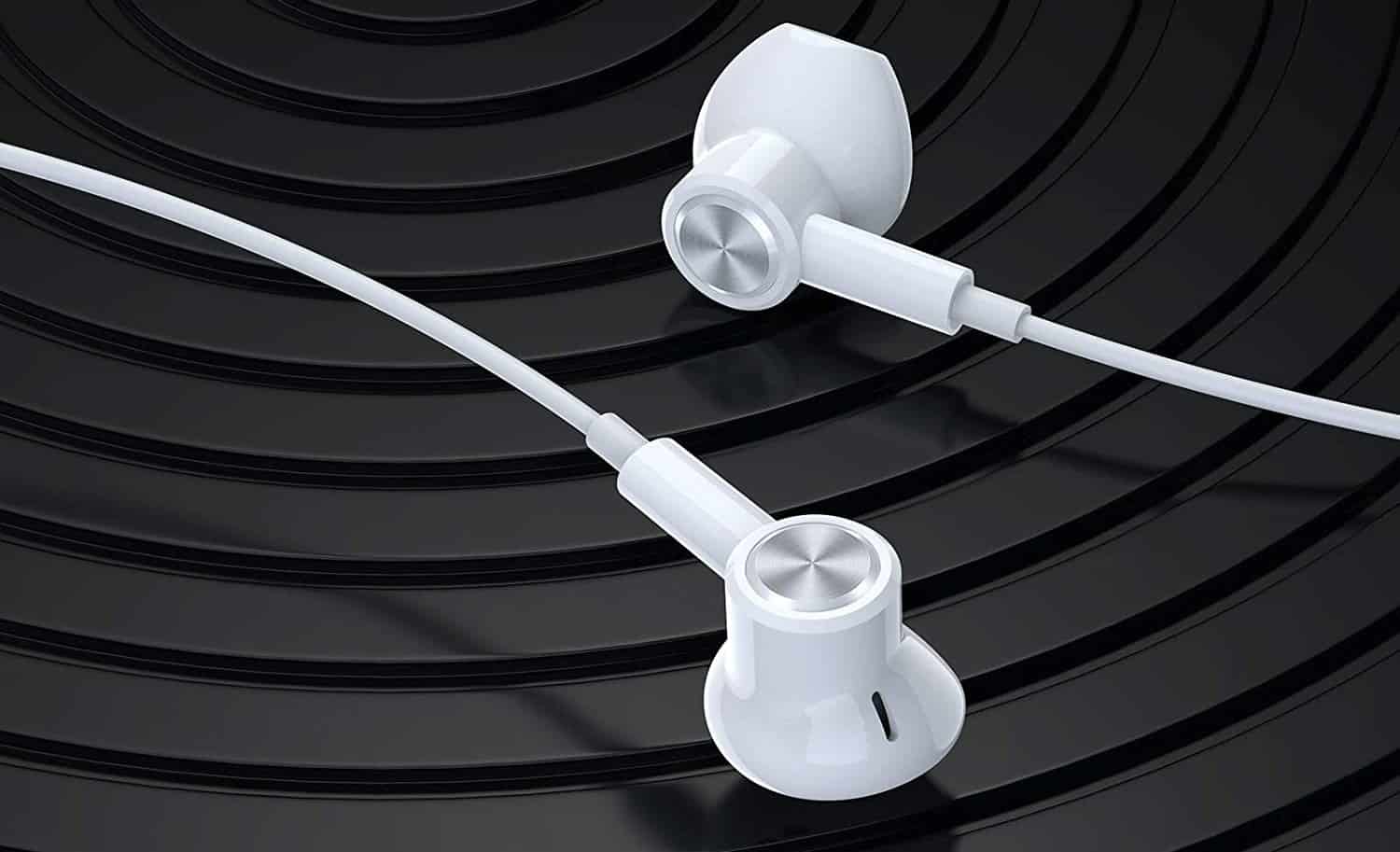
![Best Headphones for Mowing in [year] 42 Best Headphones for Mowing in 2026](https://www.gadgetreview.dev/wp-content/uploads/best-headphones-for-mowing-image.jpg)
![Best Headphones for Music in [year] 43 Best Headphones for Music in 2026](https://www.gadgetreview.dev/wp-content/uploads/best-headphones-for-music-image.jpg)
![Best TV Headphones for Seniors in [year] 44 Best TV Headphones for Seniors in 2026](https://www.gadgetreview.dev/wp-content/uploads/best-tv-headphones-for-seniors-image.jpg)
![Best True Wireless Earbuds in [year] 45 Best True Wireless Earbuds in 2026](https://www.gadgetreview.dev/wp-content/uploads/best-true-wireless-earbud-image.jpg)
![Best Swimming Headphones in [year] 46 Best Swimming Headphones in 2026](https://www.gadgetreview.dev/wp-content/uploads/best-swimming-headphones-image.jpg)
